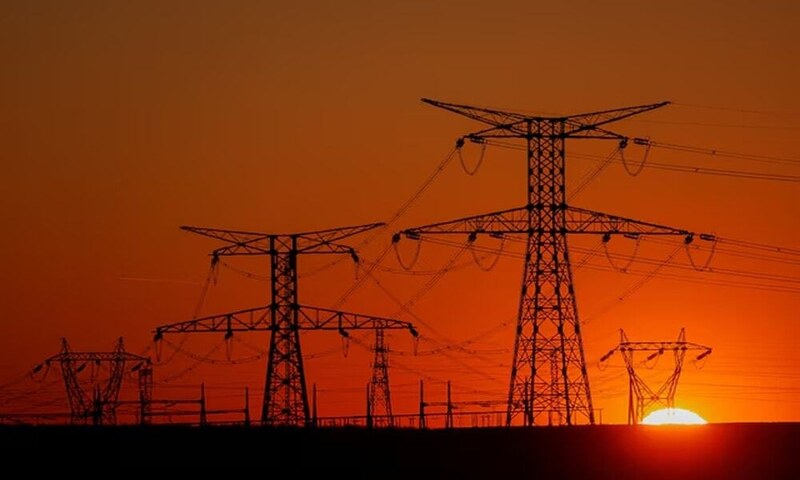By Recorder Report
Copyright brecorder

KARACHI: Dr Khalid Waheed, Research Fellow at the Sustainable Development Policy Institute (SDPI), has cautioned that India’s move to suspend the Indus Water Treaty could lead to a significant surge in electricity costs in Pakistan.
Speaking at a seminar organised by the Council of Economic and Energy Journalists (CEJ), Dr Waheed emphasised that hydropower remains the most affordable source of energy in Pakistan, but growing geopolitical tensions are now threatening that advantage. “India’s decision to halt the Indus Water Treaty and block water from rivers flowing into Pakistan will result in reduced hydropower generation.”
The shortfall will need to be met through expensive fossil fuel-based power, which could substantially raise generation costs, he said, adding even a 1 percent reduction in river water flow could result in a Rs. 5.8 billion increase in power production costs.
Additionally, a one-rupee depreciation in the Pakistani rupee could further raise electricity generation expenses by Rs. 8.2 billion.
He also discussed the government’s recent agreement with the International Monetary Fund (IMF) under the Climate Resilience Program, which includes reforms aimed at improving environmental sustainability. As part of this program, Pakistan has agreed to phase out the slab-based billing system for electricity, moving toward cost-reflective tariffs for all consumers. “This reform is designed to remove cross-subsidies in electricity pricing and ensure that all consumers pay based on the actual cost of electricity. The goal is to make the system more efficient, though it may increase costs for lower-consumption households.”
Currently, 54 percent of electricity users are categorised as “protected consumers”, receiving government subsidies. However, under the new system, only 40 percent will remain eligible for these subsidies. These subsidies will no longer be applied to electricity bills but instead disbursed through the Benazir Income Support Programme (BISP).
Dr Waheed highlighted an alternative proposal from SDPI, suggesting that instead of offering monthly subsidies, the government should provide solar panels to low-income households. “This approach would reduce their dependence on the national grid, lower their electricity bills, and ease the fiscal burden on the government by eliminating recurring subsidy payments.”
Dr Waheed also raised concerns about the European Union’s Carbon Border Adjustment Mechanism (CBAM), often referred to as the carbon tax, which will take effect in 2030. Under this policy, all exports to the EU will be taxed based on the carbon emissions embedded in their production processes. “This is particularly troubling for Pakistan’s textile exporters. Our electricity grid still relies heavily on coal-fired power plants, which significantly increases the carbon footprint of our manufacturing sector.”
He urged Pakistan’s textile industry to urgently adopt low-carbon technologies and cleaner production methods to remain competitive in European markets.
Copyright Business Recorder, 2025



